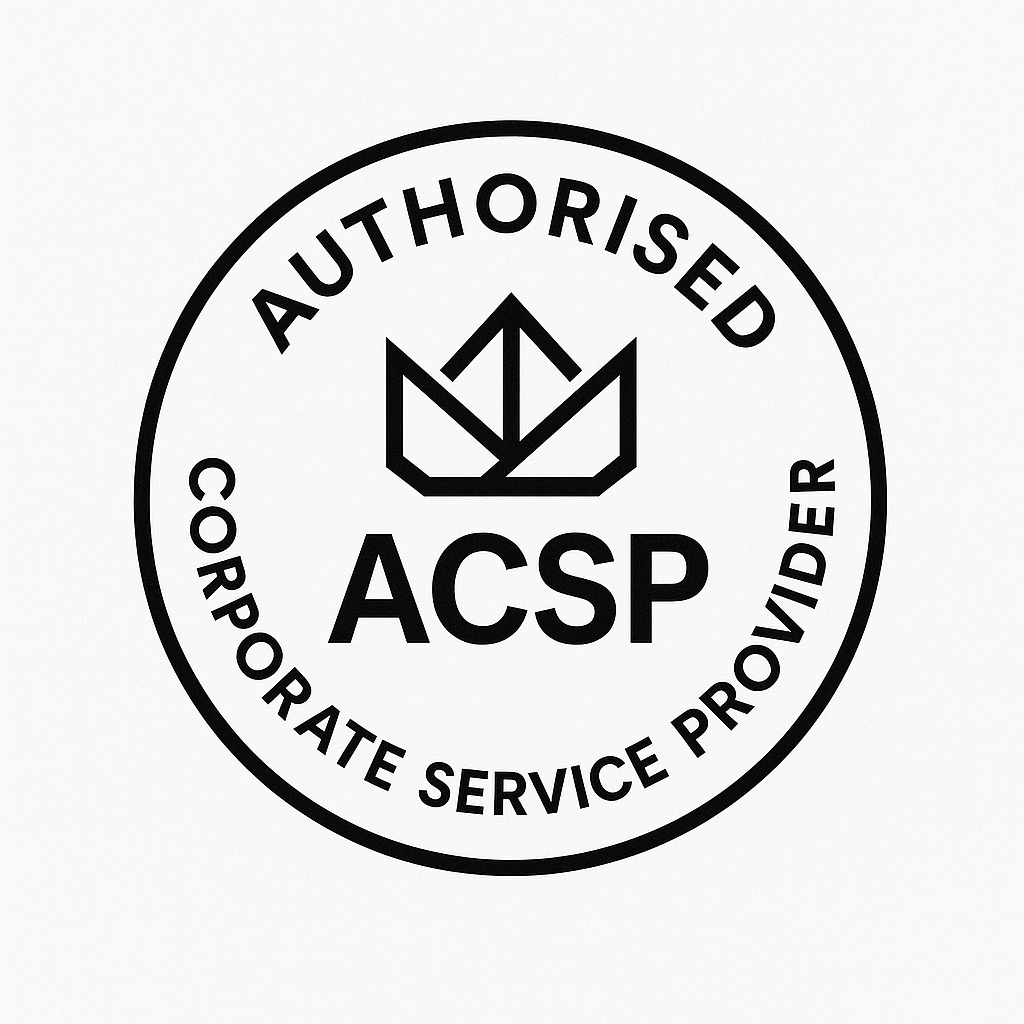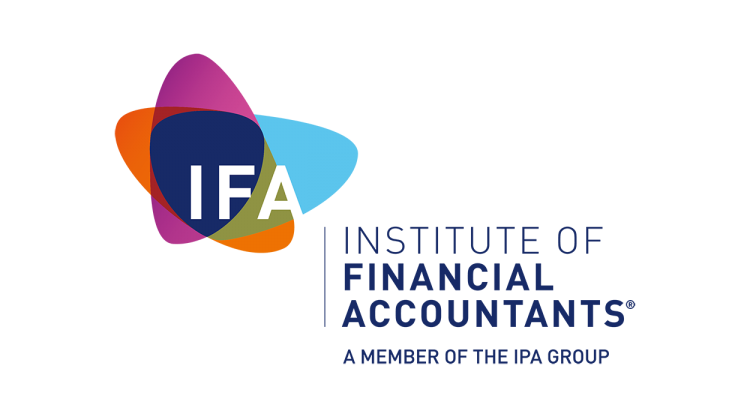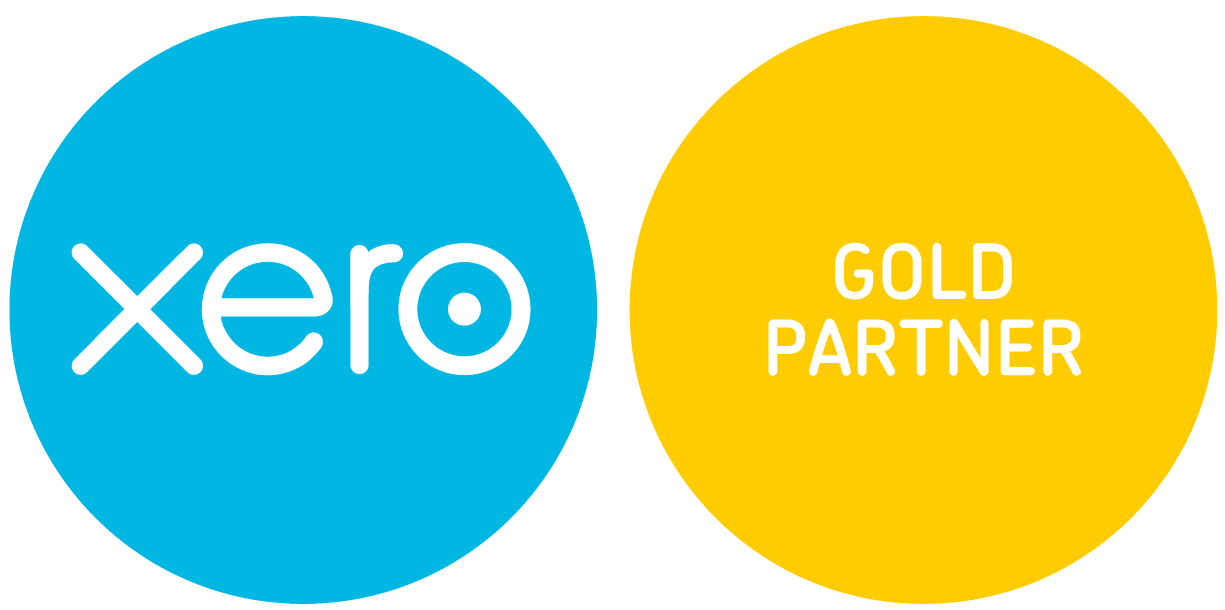
HMRC allows businesses to claim meals as an expense for employees not in their typical working routine. The most common example of this, would be if the company’s employees were away on an overnight business trip. If a business is claiming the cost of travel as an expense, such as a hotel, the company will be allowed to claim the meals during that trip too.
Food is an allowable expense on these trips because it is classified as ‘subsistence’, which essentially means employees need the food as basic self-maintenance and care during their work obligation.
You can claim food and drink during your travel only. For example, you can claim the cost of a sandwich at a petrol station on the motorway or an evening meal at a hotel. But you cannot claim the costs involved in preparing a meal at home and then taking it with you on the business trip.
Food expenses are not exclusively allowable on overnight business trips. You can claim food and drink expenses if the employee is working away from their habitual place of work, even if they do not stay overnight. The location must be at least five hours from their usual place of work.
But remember, food and drink are only an allowable expense during the course of the journey. You will not be allowed to return home and then claim a meal on the evening of that same day.
HMRC do not state a specific limit on the amount you can spend on food and drink and then claim as an expense. However, they do state that all subsistence costs should be reasonable. Don’t expect the taxpayer to cover a three-course meal at the local Michelin restaurant!
There is another rule to be aware of, if you eat with people not employed by the company, including clients and partners. The food and drink in these scenarios are classed as entertainment and no longer solely for subsistence. Thus, in these situations, all of the food and drink is no longer an allowable expense. You cannot divide the receipt into allowable and disqualified expenses.
It’s solid business practice to record all food and drink expenses and retain the receipts of these expenses. You should also keep a record book of reasons the journeys took place, such as staff training, meetings, etc.
And for assistance with your receipt management and bookkeeping, don’t forget that Spondoo Bookkeeping makes things simple!




